What Cancer Can Teach
“Everyone knows cancer is a terrible, dangerous disease. But it also has something to teach us,” says Karrer Alghazali, Ph.D., assistant professor of electrical and computer engineering. As a new associate member accepted into the Cancer Tissue Engineering Collaborative (TEC), he will have a chance to test that theory.
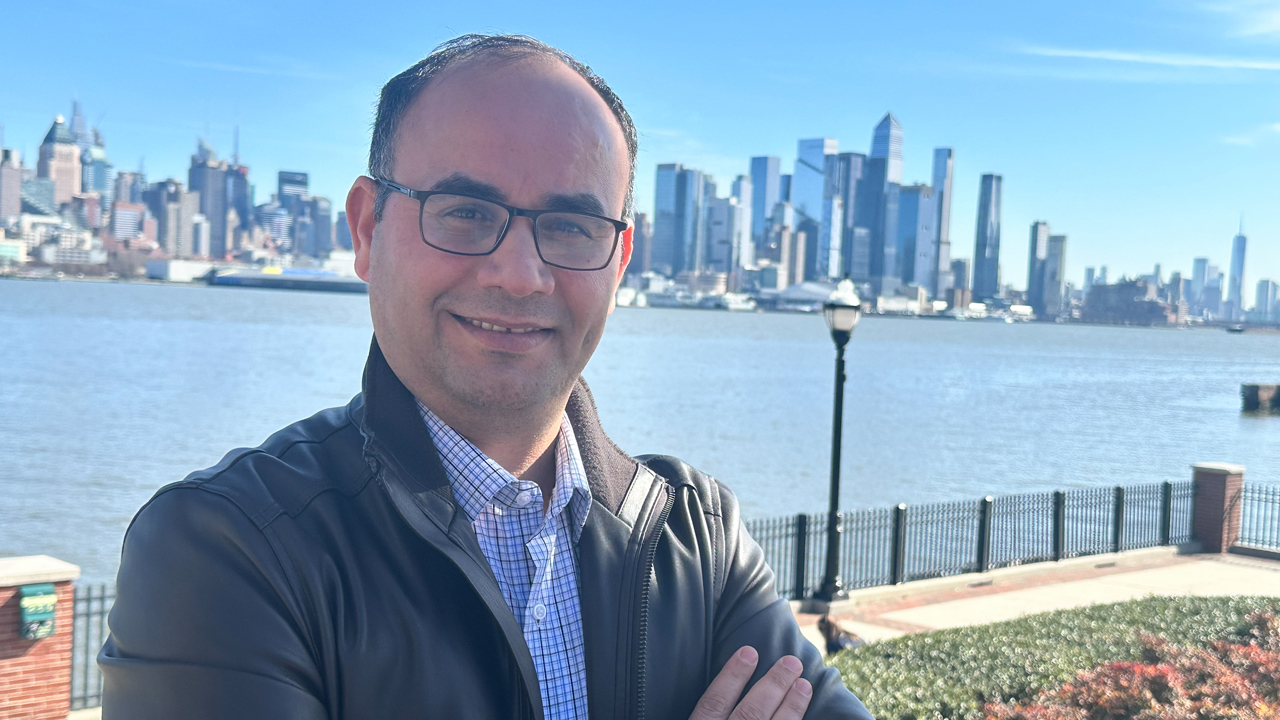
TEC is a high-profile program within the National Cancer Institute (NCI), part of the National Institutes of Health. Mostly comprised of cancer and cell biologists, members of the NCI tend to approach research from a biological perspective. The TEC program is geared toward engaging tissue engineers in the work, thereby including more of a material science understanding and expanding ideas of research, treatment, and application of data. As a member of TEC, Alghazali will attend monthly meetings to share findings, generate ideas, and build collaborations. It also grants him access to cutting-edge research he might not have known about or had access to previously.
“Cancer cells grow very, very quickly,” Alghazali explains. “For a cell biologist working on cancer treatments, this is a problem. But I am a tissue engineer, and I want to consider how I might use cancer as a tool through biomimicry to grow healthy cells.”
Though the potential to learn from cancer opens exciting new avenues of study, Alghazali feels that including tissue engineers and other scientists in cancer research will also enhance the work being done to treat cancer and improve patients’ lives. “If we can build bridges, we will develop new understandings that can lead to new designs. Maybe we can design a new drug to prevent cancer progression or a material that can kill cancer faster. We might be able to test treatments on cells grown in vitro and decrease the amount of animal testing.”
Thinking outside the box has aided Alghazali’s work throughout his career. He joined the faculty at New York Tech in the fall of 2024 after years of working in research and development in the biomedical industry. “I know the value of collaborating with young scientists and engineers,” he says. “They have energy and creativity, and I see that in my students.”
Alghazali’s work has traditionally focused on creating a treatment for critical size defect in bone, neve, or muscle tissue. (Critical size defect is significant and irreversible loss of tissue, typically as a result of severe trauma, surgery, or other medical conditions.)
At the Biomedical Research, Innovation, and Imaging Center on the Long Island campus, Alghazali is utilizing state-of-the-art instrumentation to create a 3-D structure to facilitate and accelerate tissue regeneration.
Growing up in Iraq, Alghazali says he saw many people suffer injuries and loss of limbs in the wake of terrorist attacks. “This is not just work or curiosity for me,” he explains. “All of my projects come from a personal mission. I believe technology has the potential to make life better for a lot of people.”
By Alix Sobler
More News
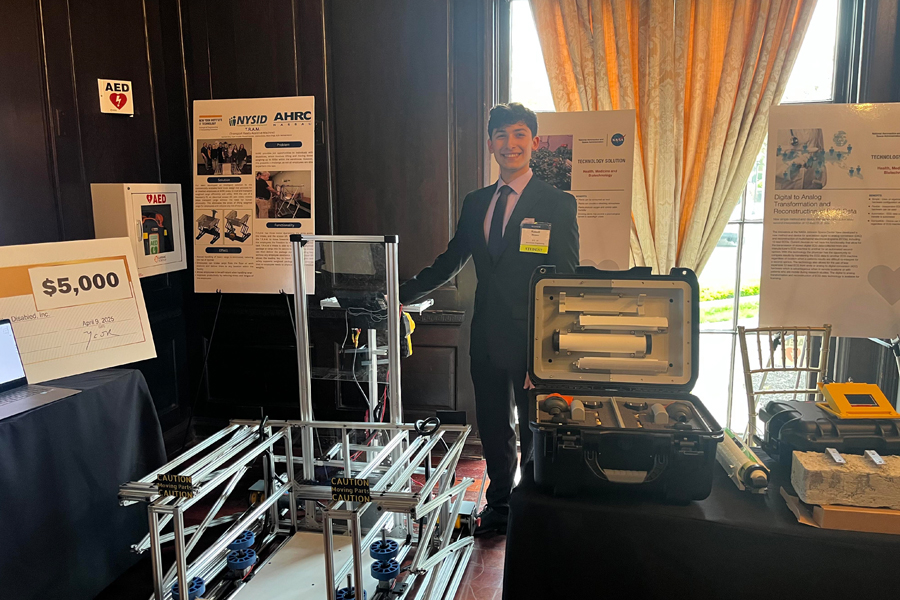
Engineering Grit
Mechanical engineering student Russell Wetzler spends much of his time balancing his responsibilities both on and off campus, teaching him an incredible sense of perseverance.
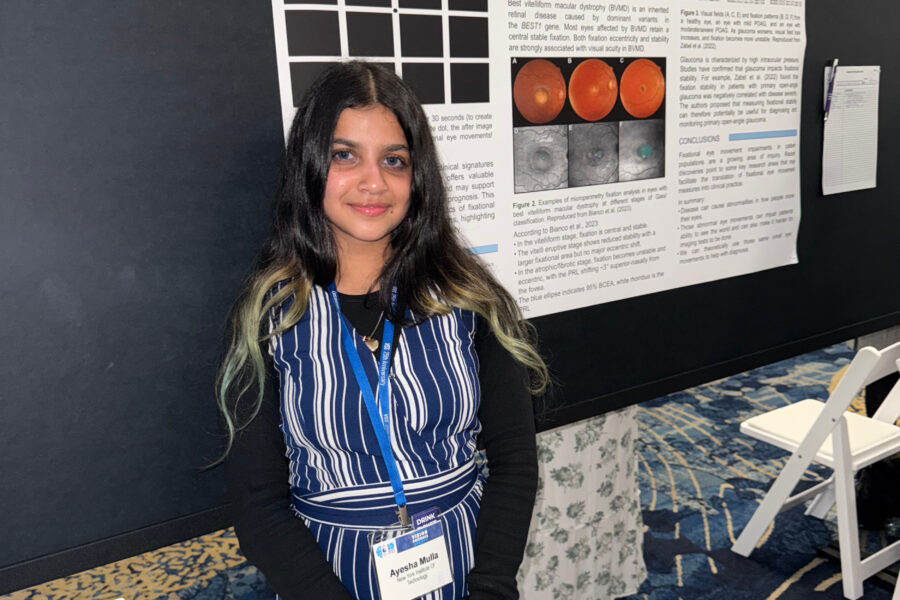
Student’s Research May Help ENTs With Diagnoses
Ayesha Mulla earned a grant from Psi Chi to study visual expertise in ear, nose, and throat doctors (ENT).
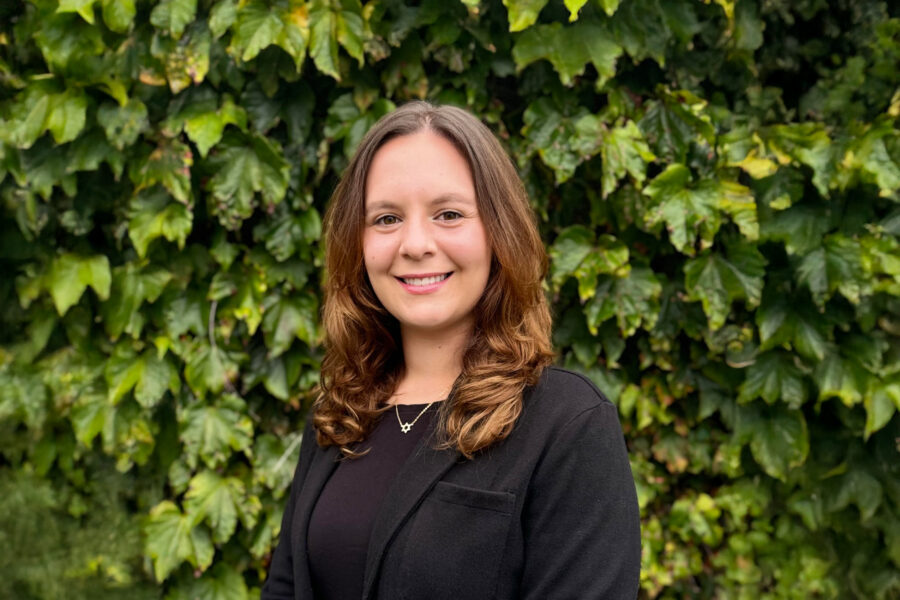
Using Architecture to Help People
Chana Rhodes was drawn to architecture because she wants to help people. The AIA scholarship winner is doing just that by designing spaces for course projects with humans—and animals—in mind.
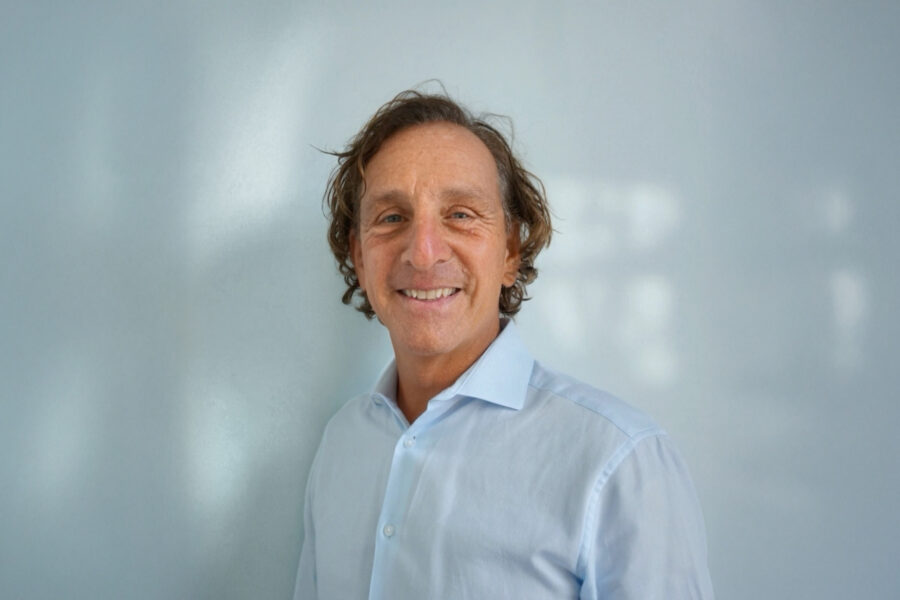
From Corporate Climber to Successful Entrepreneur
After decades of experience in sales and marketing working for other companies, Michael DeAngelis (B.S. ’89) branched out on his own and launched Equiquest, a hard-money real estate lender.
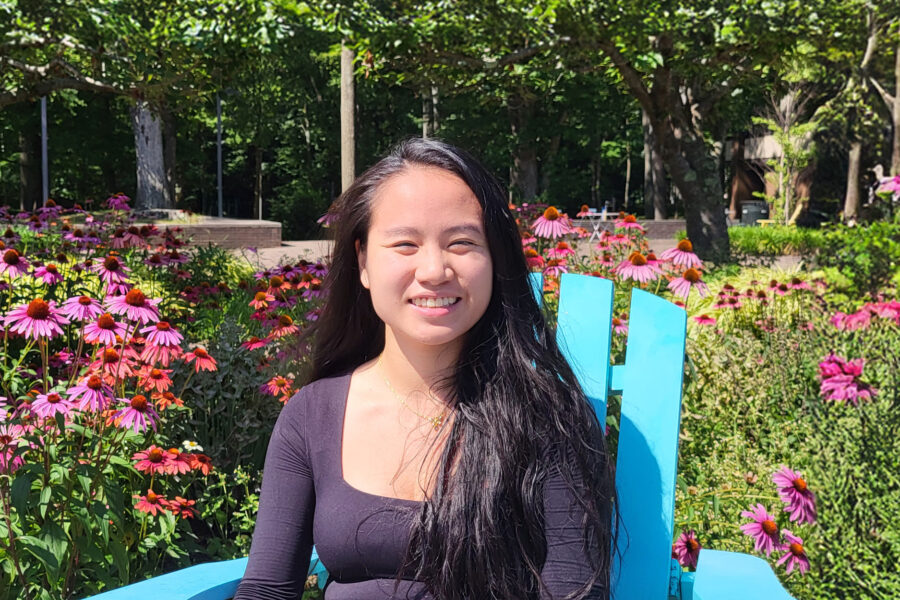
Impacting the Lives of Others
Mechanical engineering student Skylynn Kilfoil Greaves is turning her passion for mechanics into impactful, real-world solutions.
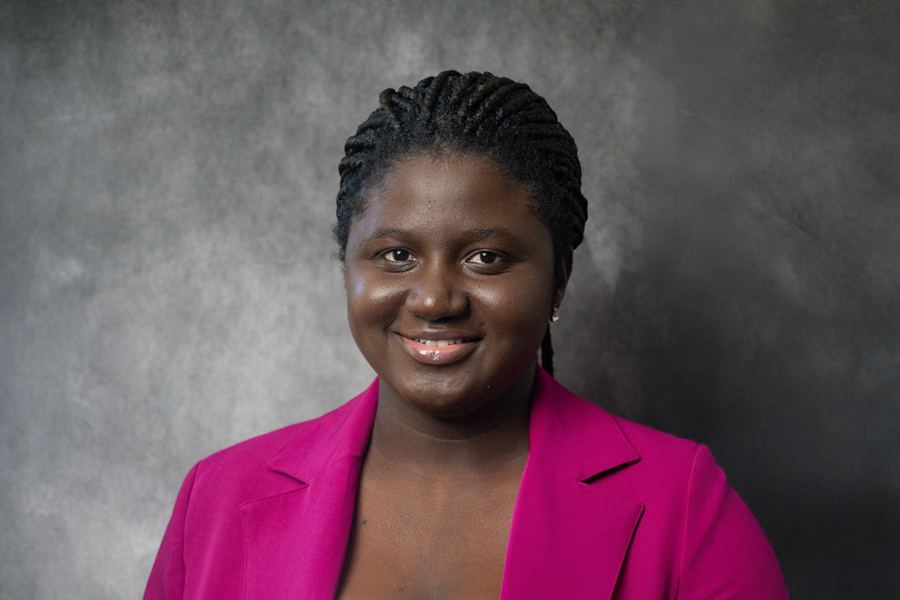
Banking on a Future in Finance
Working in a position at a bank completely changed M.B.A. student Bernice Essuman’s career outlook.